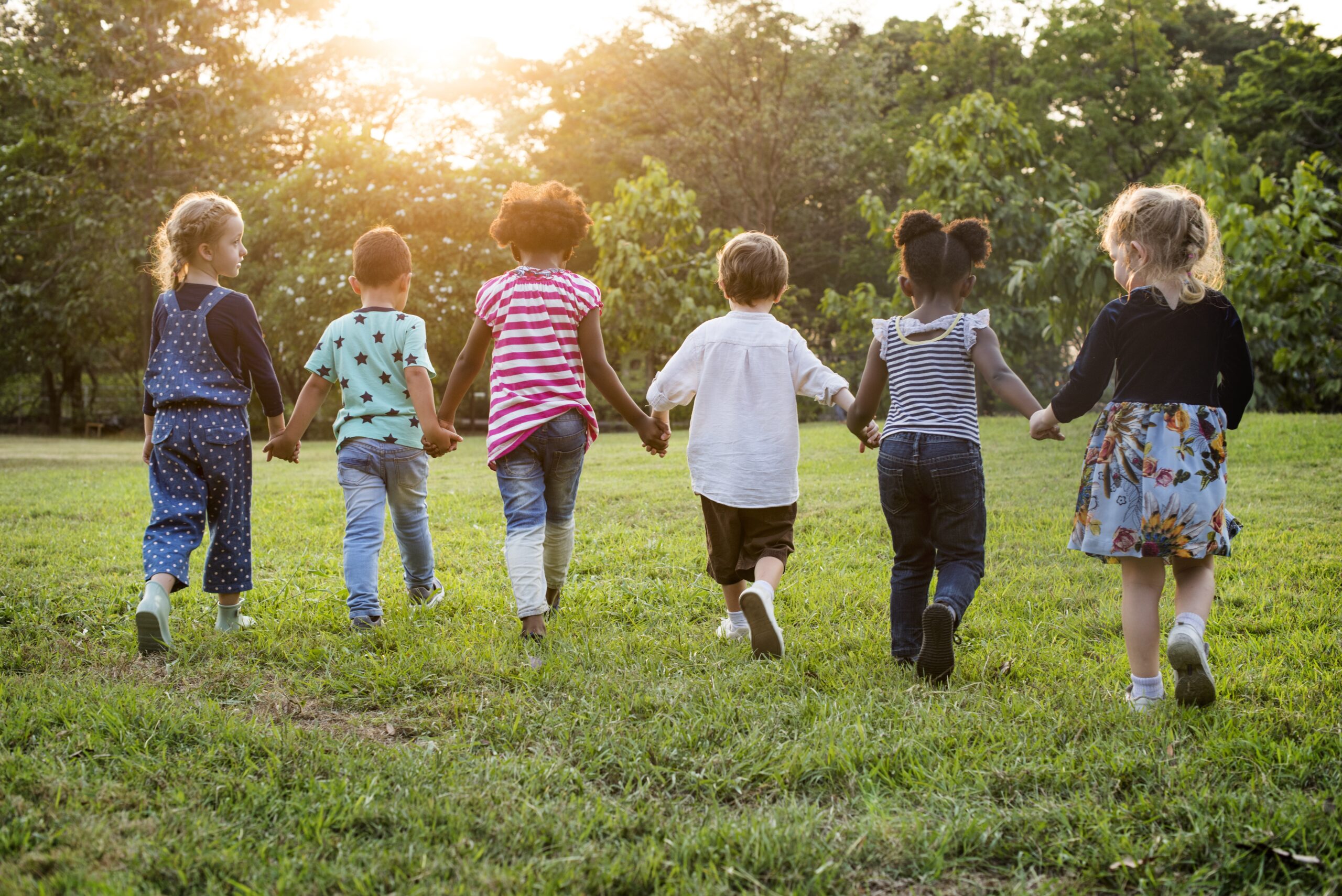
COVID, stress, trauma and why we need to prioritise children’s mental health
We are living through precarious times which are a challenge to us all, but more of a challenge to those who are vulnerable.
Children’s mental health can be at serious risk from a number of negative events, and children’s mental health issues today translate into adult mental health issues in the decades to come. This makes it all the more imperative to understand how vital – and literally lifesaving – it is to prioritise good childhood experiences, which in turn means really understanding the effects of early experiences.
We know that both good and bad early experiences can have a lifelong impact on our psychological states. We know that good early caregiving predicts a range of outcomes years later, including career success, good relationships, health outcomes and much more. Research shows clearly that the best predictor we have of wellbeing in adulthood is secure early relationships in childhood and adolescence, and that such early relationships in fact program the ‘life-course’, psychologically but also physiologically.
The impact of stress and trauma
This, in part, is why the current climate is so worrying. Data shows that, for example, suicides have increased, as has the use of antidepressants; many charities are reporting higher levels of domestic abuse, child abuse and neglect, and these are all things that increase when people are facing stress. Many of us are experiencing new anxieties associated with isolation, bereavement, and potential loss of income, or even poverty.
Stressed parents simply cannot care for their children in the sensitive, attuned way that gives rise to emotional ease, confidence and the capacity to take in information and learn. Stressed, traumatic and unhappy childhoods have been shown to have a very negative effect on later health outcomes. Stress is linked to lower or worryingly-heightened sympathetic nervous systems – as seen in vigilant, tense bodily responses to threat, shallow breathing, heightened blood pressure, lowered immune functioning and much more. In many traumatised children, such responses move from being one-off states to ongoing traits and become their default way of experiencing the world.
Current challenges
The challenges we face are many and varied, but some of the most current and urgent include the following.
- Parents who are triggered and in crisis badly need more support and help from the kind of interventions which experienced, well-trained and supported mental health professionals, such as psychotherapists and psychologists, can deliver. A parent’s mental state will transmit to a child who will pick up on the mood and atmosphere in a household, and will be profoundly affected by more serious experiences, such as domestic violence.
- Other professionals such as teachers and social workers, as well as doctors, need support in understanding the kind of symptoms they might be seeing. The effects of psychological challenges, such as trauma and neglect, can manifest in unlikely ways, such as acting out aggressive behaviours, psychosomatic symptoms, self-harm, or children or young people withdrawing. This all requires a depth of understanding, rather than superficial tinkering with simplistic or brief manualised interventions.
- Children need to be given space and time to communicate what is going on for them. For some, this will be through talking, such as in child psychotherapy, for others, this might be through expressing their inner states of mind via play.
- People in poverty, or subject to discrimination, are the ones who need the help most of all. It can be all too easy to blame parents or to criticise children, whereas in fact they all need support, care and reflective, compassionate help.
- There are many more challenges, but the help that we can offer all depends on being able to provide and receive thoughtful, reflective and empathic care, in which good, healthy relationships are at the centre. This is what will give rise to better outcomes, this is what the research in areas such as attachment theory has long shown, and this is central to what we at the Tavistock and Portman NHS Foundation Trust have long taught to the professionals we train, and tried to offer to the children and families with whom we work.
What can we do?
We absolutely know that change is possible, and interventions can really affect children’s futures. There is increasing evidence that good, early help can have a long-lasting effect on children’s psychological and social wellbeing that extends right into adulthood. Good psychological help can affect the minds, brains, nervous systems and physiology of those who receive it. Such help can be at the level of community or national interventions – for parents, families, the individual child or supporting professionals. Many readers of this blog will be undertaking activities with children and families that most definitely change their trajectory.
Relationships can make the most difference – relationships in which empathy, mind-mindedness, compassion and sensitivity to another’s feelings are at the centre. The psychological attitude and skills of parents and how they interact with children makes a big difference, as do the attitudes and capacities of professionals such as therapists, teachers and social workers. We need to build a psychological legacy for future generations and that is just what is being challenged at the moment.
Related courses
-
 CPD certificate
CPD certificate 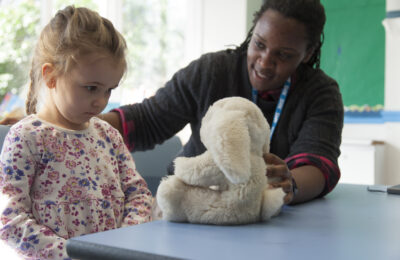
Children’s brain and emotional development (DAA003)
-
 CPD certificate
CPD certificate 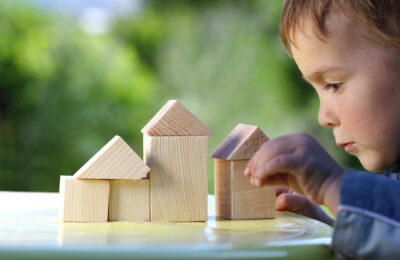
Trauma, neglect and building resilience (DAA014)
-
 CPD certificate
CPD certificate 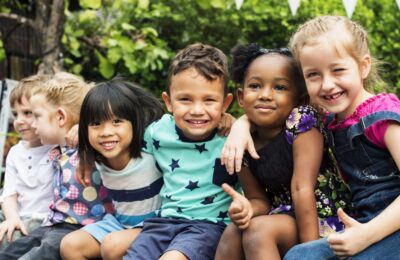
Understanding and nurturing troubled children (DAA501)
-
 CPD certificate
CPD certificate 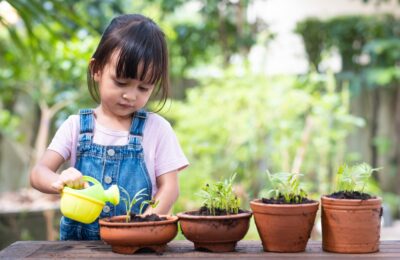
Nature vs nurture: how infants learn to fit into their environments (DAA012)
-
 CPD certificate
CPD certificate 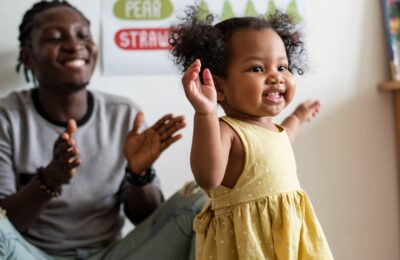
Attachment theory: how children learn what to expect from relationships (DAA013)